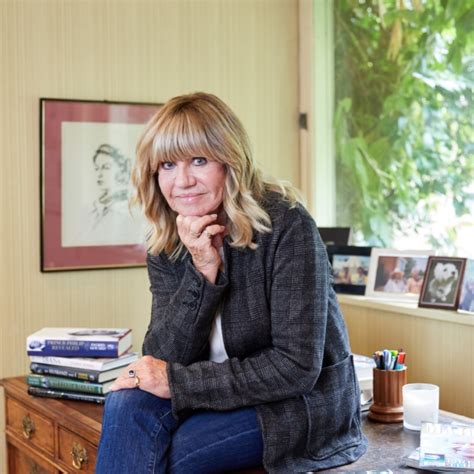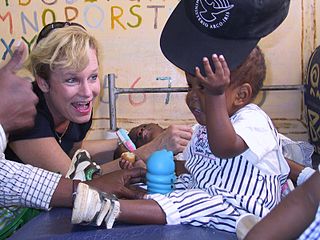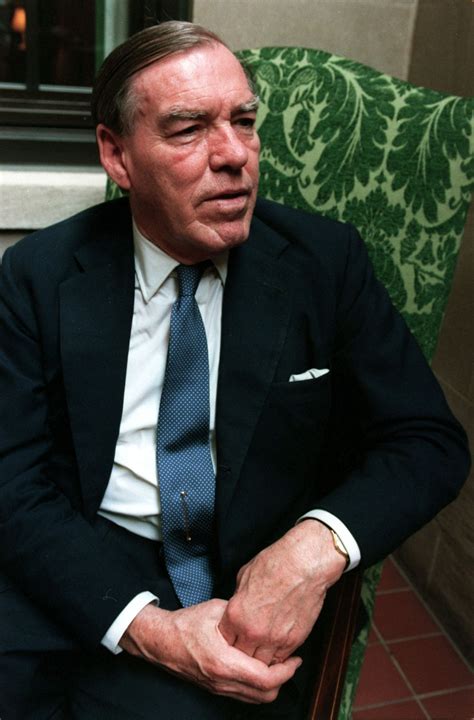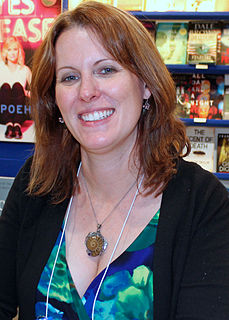A Quote by Frank Herbert
Leto turned a hard stare at Kynes. And Kynes, returning the stare, found himself troubled by a fact he had observed here: This Duke was concerned more over the men than he was over the spice. He risked his own life, and that of his son to save the men. He passed off the loss of a spice crawler with a gesture. The threat to men's lives had him in a rage. A leader such as that would command fanatic loyalty. He would be difficult to defeat. Against his own will and all previous judgements, Kynes admitted to himself: I like this Duke.
Related Quotes
When it comes to his sons, it would be easy to think that the macho Duke of Edinburgh has most in common with Prince Andrew. After all, it was Andrew, his third-born son, who risked his life in the Falklands war as a Royal Navy helicopter pilot - just as Philip had risked his own as a naval officer during World War II.
I believe that Jesus would have given His life for just one person. Jesus emptied Himself, He humbled Himself and He so yielded Himself to His Father's love that He had no ambition of His own. He was not looking to build an empire, He did not want praise or adulation or to impress people with who or how many followed Him. He stopped over and over again for just one person, for just one life.
When Luke had descended into the River Styx, he would've had to focus on something important that would hold him to his mortal life. Otherwise he would've dissolved. I had seen Annabeth, and I had a feeling he had too. He had pictured that scene Hestia showed me—of himself in the good old days with Thalia and Annabeth, when he promised they would be a family. Hurting Annabeth in battle had shocked him into remembering that promise. It had allowed his mortal conscience to take over again, and defeat Kronos. His weak spot—his Achilles heel—had saved us all
Man shouldn’t be able to see his own face – there’s nothing more sinister. Nature gave him the gift of not being able to see it, and of not being able to stare into his own eyes. Only in the water of rivers and ponds could he look at his face. And the very posture he had to assume was symbolic. He had to bend over, stoop down, to commit the ignominy of beholding himself. The inventor of the mirror poisoned the human heart.
When the father dies, he writes, the son becomes his own father and his own son. He looks at is son and sees himself in the face of the boy. He imagines what the boy sees when he looks at him and finds himself becoming his own father. Inexplicably, he is moved by this. It is not just the sight of the boy that moves him, not even the thought of standing inside his father, but what he sees in the boy of his own vanished past. It is a nostalgia for his own life that he feels, perhaps, a memory of his own boyhood as a son to his father.
The care of every man's soul belongs to himself. But what if he neglect the care of it? Well what if he neglect the care of his health or his estate, which would more nearly relate to the state. Will the magistrate make a law that he not be poor or sick? Laws provide against injury from others; but not from ourselves. God himself will not save men against their wills.
The book was long, and difficult to read, and Klaus became more and more tired as the night wore on. Occasionally his eyes would close. He found himself reading the same sentence over and over. He found himself reading the same sentence over and over. He found himself reading the same sentence over and over.
Good work is no done by "humble" men. It is one of the first duties of a professor, for example, in any subject, to exaggerate a little both the importance of his subject and his own importance in it. A man who is always asking "Is what I do worth while?" and "Am I the right person to do it?" will always be ineffective himself and a discouragement to others. He must shut his eyes a little and think a little more of his subject and himself than they deserve. This is not too difficult: it is harder not to make his subject and himself ridiculous by shutting his eyes too tightly.
Do you know the only value life has is what life puts upon itself? And it is of course overestimated, for it is of necessity prejudiced in its own favour. Take that man I had aloft. He held on as if he were a precious thing, a treasure beyond diamonds of rubies. To you? No. To me? Not at all. To himself? Yes. But I do not accept his estimate. He sadly overrates himself. There is plenty more life demanding to be born. Had he fallen and dripped his brains upon the deck like honey from the comb, there would have been no loss to the world. The supply is too large.
There were times when it appeared to Dorian Gray that the whole of history was merely the record of his own life, not as he had lived it in act and circumstand, but as his imagination had created it for him, as it had been in his brain and in his passions. He felt that he had known them all, those strange terrible figures that had passed across the stage of the world and made sin so marvellous, and evil so full of subtlety. It seemed to him that in some mysterious way their lives had been his own.





































